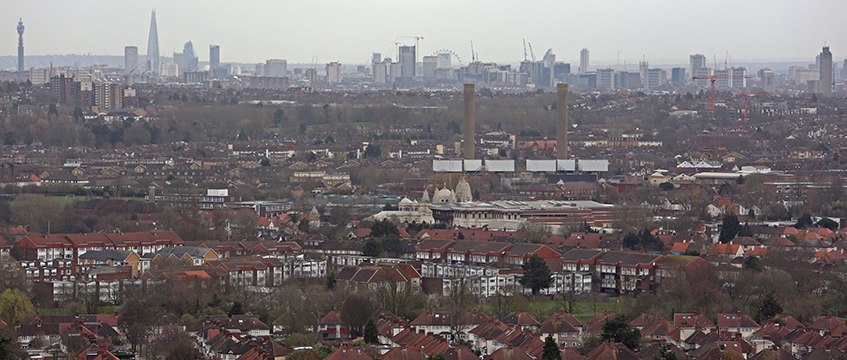EDITOR’S COMMENT: Commercial real estate landlords have wondered for much of the pandemic whether the UK government truly understands their business. But at least in Boris Johnson’s closing speech at this week’s Conservative Party conference, the prime minister said something they can get behind – it’s time to get back to the office.
“We know that a productive workforce needs the spur that only comes with face-to-face meetings and water cooler gossip,” Johnson said. “If young people are to learn on the job in the way that they always have and must, we will and must see people back in the office.”
For some real estate professionals, that call to action will be welcome not only because it supports their business, but because it supports them. This week we publish the results of EG’s third annual mental health survey, and we wanted the industry’s views on the ways in which the pandemic and enforced home working have affected their wellbeing.
There are no easy answers. Our respondents were evenly split between those who said their wellbeing was better at home than in the office, and those who said it was worse. The largest proportion of respondents – just shy of half – said returning to the office will support their mental health, although a similar proportion said it would either detract from their wellbeing or have little effect.
For those who have found the isolation of remote working a burden, the struggle is clear. Working from home, said one, meant “little communication with team and colleagues”. “The ‘fun’ of working taken away,” they added. “No socialising. No change of scene. No commute to bring purpose to the morning. No learning and bouncing off others.”
Another said they “hate working from home”. “I miss people and I hate the feeling that I’m missing out,” they added. “Innovation depends on collaboration.”
“Having the same four walls to work from for a prolonged period of time has been mentally draining as it feels like you never get a break, with the dining room also being the board room, office and meeting room,” said yet another. “Not having colleagues on tap in the office as a sounding board has also been tough, causing anxiety with work-related issues.”
Now, for every such sentiment there was another respondent who has found a new work-life balance during the pandemic, and who will look to reduce the number of days they spend in the office. But the benefits of the traditional workplace – even if you now aim to be there for only three days a week – underpin the rising appetite for investment in offices. Some £6.4bn has been spent on central London real estate so far this year, says the team at CBRE – 95% above this point a year ago.
Take advertising giant Omnicom’s plans to buy its own London headquarters for £440m, revealed by EG this week. That’s a huge vote of confidence by a big corporate tenant in the value of a physical office for its workforce. And to snap up that site the company had to see off competition from the likes of Greycoat, Link REIT and Spear Street Capital.
Will all of Omnicom’s staff spend five days a week in the office? It’s unlikely. But the company, like so many big occupiers, will now find a balance. And that balance will support the wellbeing of its workforce as well as its day-to-day business.
As another survey respondent said: “I would not wish to return to the office five days a week again – we have all moved on from that routine and found that we can be super-efficient working from home. But I think it’s important to keep in touch with colleagues within the team and the wider business. This is much easier face-to-face.”
To send feedback, e-mail tim.burke@eg.co.uk or tweet @_tim_burke or @EGPropertyNews











